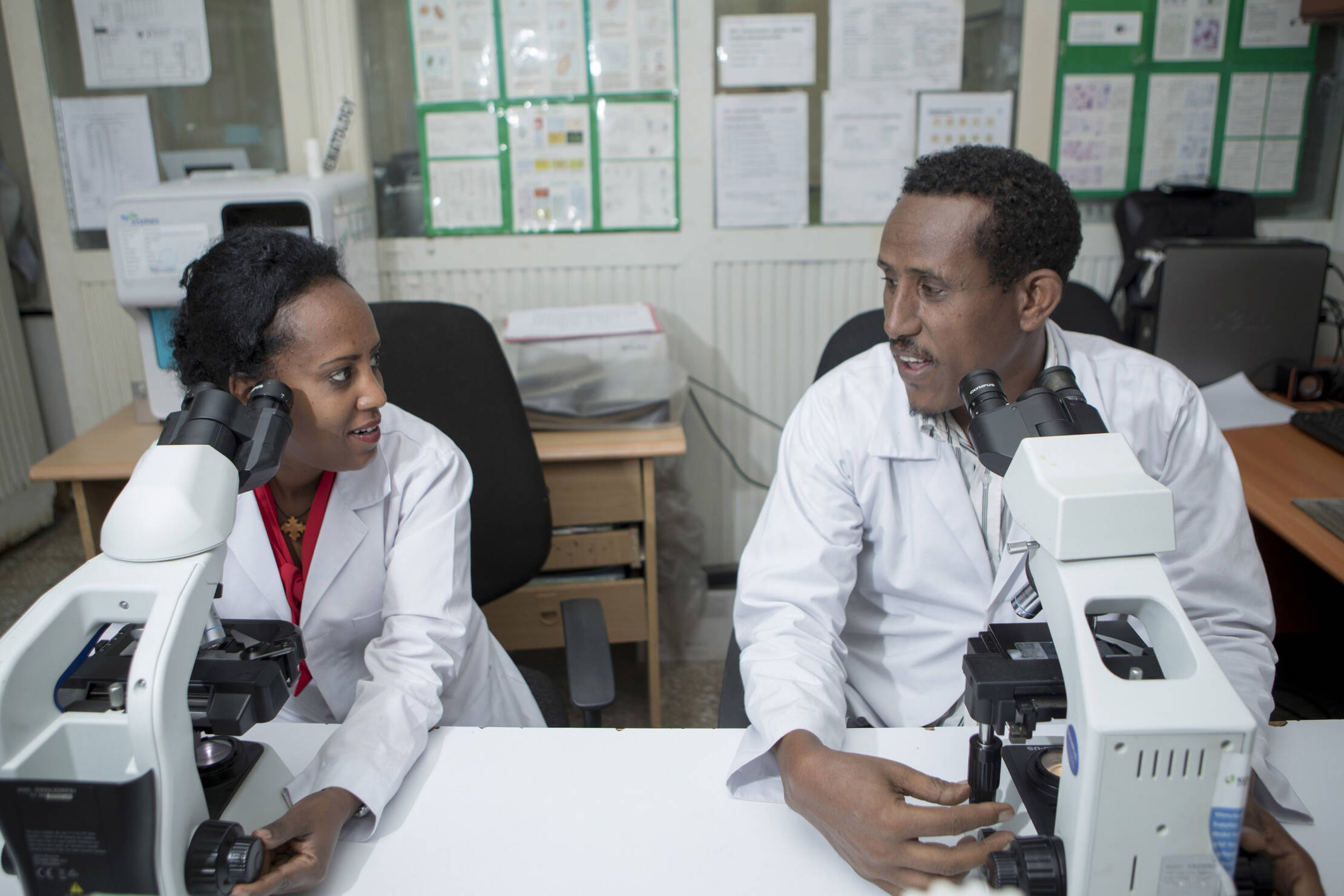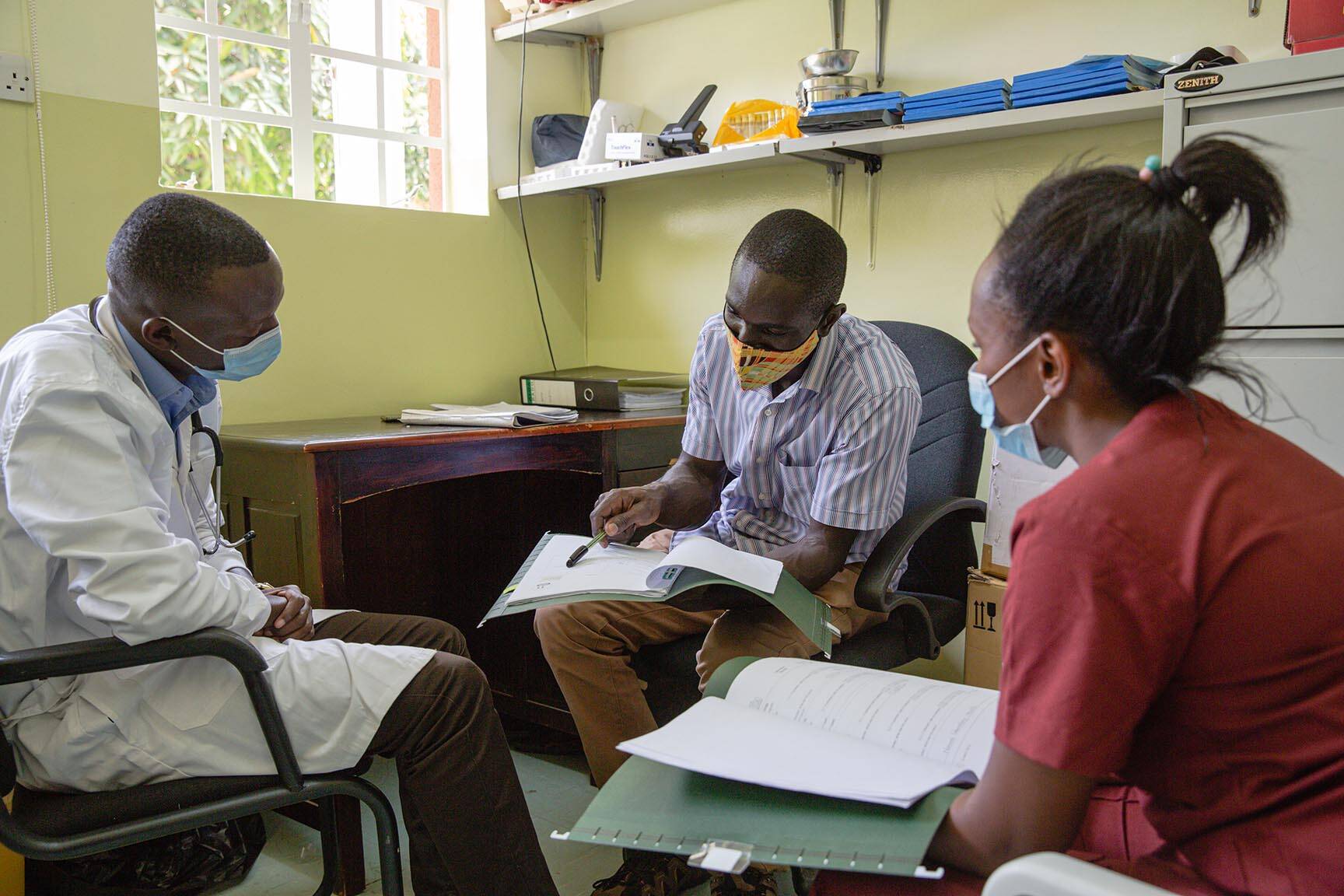BCA-WA-ETHICS-II also worked with the Ministry of Health and Social Action of Senegal on a ‘Note de politique: la gestion de la vulnérabilité dans la revue éthique des protocoles de recherche sur la COVID-19’ (Policy note: Vulnerability management in the ethics review of COVID-19 research protocols). The policy brief discusses the management of vulnerability in COVID-19 research and provides recommendations for future ethical research conduct. It mainly targets evaluators in NRECs, institutional review boards, as well as researchers developing a mental health research protocol. The guidelines were developed from an African perspective and could also be applied in other low-resource settings. The brief was published in the African Journal of Bioethics.
Also in 2022, the project launched the first website and digital platform for the Guinea-Bissau National Health Research Ethics Committee (CNEPS), in the presence of the Guinea-Bissau Minister of Health. The website is designed to raise awareness of research ethics at a national level and enables researchers to learn more about the procedures of protocol submission. It also makes available protocol evaluation tools, integrating sex and gender considerations.
Other project outputs included ‘Guidelines for the ethical review of mental health research protocols from a culturally-sensitive perspective’, also published in the African Journal of Bioethics. In most African countries, mental illness is a ‘silent epidemic’ due to factors such as inadequate healthcare infrastructure, insufficient numbers of mental health specialists, stigma and discrimination related to mental illness, and lack of access to all levels of care. There is an urgent need for guidelines on the ethics of research on mental health with human participants. The BCA-WA-ETHICS-II project created a 54-item assessment tool to guide the process of mental health research protocol evaluation taking into account ethical, gender and sociocultural factors in Africa.

LiberHetica
The LiberHetica project focused on strengthening the capacity of research ethics committees in the review of clinical and social science research protocols in Liberia. In response to a lack of educational materials on research ethics for university students and researchers, the project developed a National Training Manual for Research Ethics Education – the first curriculum developed for research ethics education in Liberia.
During 2022, the project also organised a free webinar on ‘Lessons learned by ethics and regulatory bodies during COVID-19 – Experience sharing between Liberia and Ghana’. The webinar enabled participants to share ethical- and regulatory-related experiences and discuss challenges and opportunities. It provided an opportunity to facilitate knowledge exchange and strengthen multi-country collaborations, for the review, approval and oversight of clinical research-related activities during public health emergencies.
The project also published the results of its survey of past and current research ethics committee members in Liberia, which identified a range of challenges to research ethics capacity-building in the country and suggested possible ways forward.
scroll down
The BCA-WA-ETHICS-II project is strengthening the capacities of national research ethics committees (NRECs) and other key bodies in West Africa to conduct ethical review of project applications, with a particular emphasis on gender issues. In 2021, it published a ‘White Book’, which presents practical recommendations for gender mainstreaming in NREC governance, organisational culture, education programmes for members and local researchers, and the monitoring and evaluation of gender mainstreaming interventions, especially those included in an institutional gender equality plan. It is expected to be the cornerstone document for all francophone West African ethics committees.
Follow-up activities in 2022 included a webinar on ‘Sex and gender data visualisation for health research’, held in French and English in March. The webinar focused on the fundamentals of the GBDcompare software developed by the University of Washington, USA, for visualising sex-disaggregated health research data.
In June 2022, BCA-WA-ETHICS-II and the Africa Bioethics Network held a five-day training programme, ‘The fundamentals of research ethics’. The programme covered a wide range of themes, including ethical principles in research, the composition and functions of review committees, research design and ethics, informed consent, and reaching vulnerable populations. More than 130 participants from 31 countries in East, West, Central and Southern Africa and Europe attended the training. Training materials can be accessed online.
In addition, the project published an advocacy paper raising awareness of examples of research ethics violations in Africa related to COVID-19 and other health emergencies. The paper provides recommendations and practical guidelines on how to implement best practices and learn lessons from past mistakes.
The BCA-WA-ETHICS-II and LiberHetica projects have made substantial progress in 2022 in their efforts to build ethical review capacity in West Africa.

Ethics capacity in West Africa
